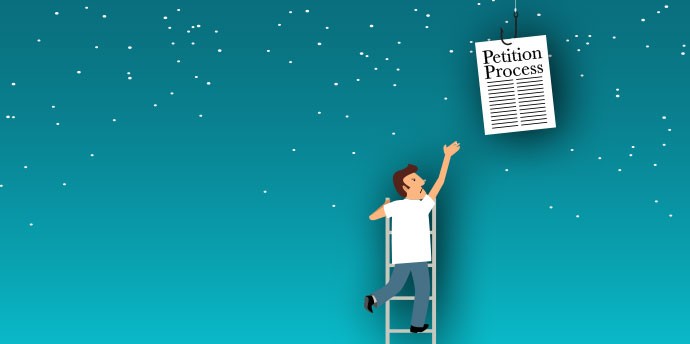IP-7-2006 (October 2006)
Author: Dennis Polhill
This issue paper is a sequel to the Issue Paper, “Are Coloradans Fit to Make Their Own Laws?” published in 1996.
Protecting the People’s Voice: Identifying the Obstacles to Colorado’s Initiative and Referendum Process
Introduction:
Initiative and Referendum (I&R) is important to representative democracy as a check and balance, a means of augmenting government accountability.
The Initiative is essential for dealing with issues that legislators cannot or will not address. Such issues typically include conflict-of-interest issues (such as
proposed limits on legislators’ powers) and third-rail issues (those that offend powerful interest groups). This issue paper is a sequel to the Issue Paper,
“Are Coloradans Fit to Make Their Own Laws?” published in 1996 by the Independence Institute. It has been widely read and referenced. It was offered in testimony when Texas considered I&R, was republished by the Initiative and Referendum Institute, has been linked to and posted by numerous Web sites, and was even translated into Russian. Public interest in and support for the Initiative process remains high. But politicians see the process as infringing on their monopoly power to legislate. Some politicians pretend to support I&R to win election, but quickly forget their campaign promises and oaths to uphold the Constitution.
As with all rights, the right to petition is a fundamental right that is not granted by politicians or by governments. As a matter of fact, in delegating authority to legislate to the legislature, the sovereign citizens of Colorado limited their delegation by reserving “to themselves the power to propose laws and amendments.” Thus, the initiative is more than a fundamental right; it is a reserved power. The legislature has no authority to interfere with, throttle or adversely regulate the process other than reasonable regulation to insure its fair and non-fraudulent exercise.
———————————————————————————————-
IP-8-1996 (October 1996)
Author: Dennis Polhill
Are Coloradans Fit to Make Their Own Laws?
Introduction:
On Election Day, Nov. 5, Colorado citizens will exercise their right to vote not only in electing candidates but also in deciding upon proposed laws, both statutory and constitutional. Some of these proposals will have been initiated by signature petitions, while others were referred from the General Assembly for final action by the voters. The “initiative and referendum” feature of self-government in Colorado flows from the bold declaration in Article V, Section 1, of the State Constitution: “The people reserve to themselves the power to propose laws and amendments to the constitution and to enact or reject the same at the polls independent of the general assembly and also reserve power at their own option to approve or reject at the polls any act or item, section, or part of any act of the general assembly.” It is a provision not to be taken for granted, since more than half the states (26) do not recognize it in their constitutions, nor does it occur in the U.S. Constitution. It is prized by some Coloradans as an important bulwark of liberty, but criticized by others as a nuisance or flaw in the system.








